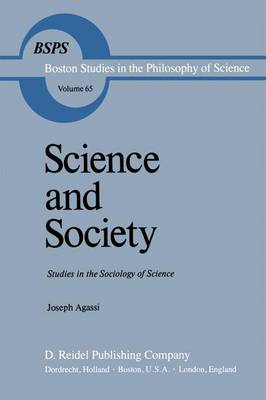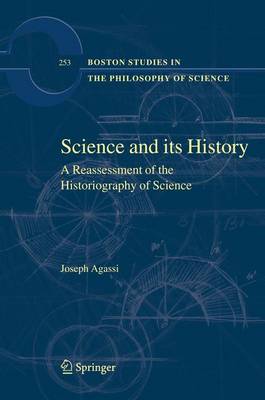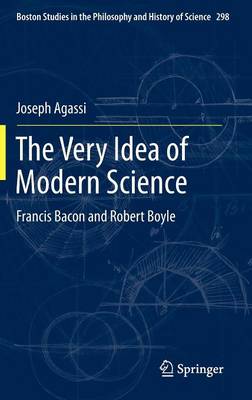Boston Studies in the Philosophy and History of Science
3 primary works
Book 65
And furthermore, devotion to science, pace Popper, Polanyi, and Weber, carries preoccupational dangers: Popper's elitist rooting out of 'pseudo-science', Weber's hard-working obsessive . com- mitment to science. See Agassi's Weberian gloss on the social psychology of science in his provocative 'picture of the scientist as maniac' (437).
Book 253
Professor Joseph Agassi has published his Towards an Historiography of Science in 1963. It received many reviews by notable academics, including Maurice Finocchiaro, Charles Gillispie, Thomas S. Kuhn, Geroge Mora, Nicholas Rescher, and L. Pearce Williams. It is still in use in many courses in the philosophy and history of science. Here it appears in a revised and updated version with responses to these reviews and with many additional chapters, some already classic, others new. They are all paradigms of the author's innovative way of writing fresh and engaging chapters in the history of the natural sciences.
Book 298


